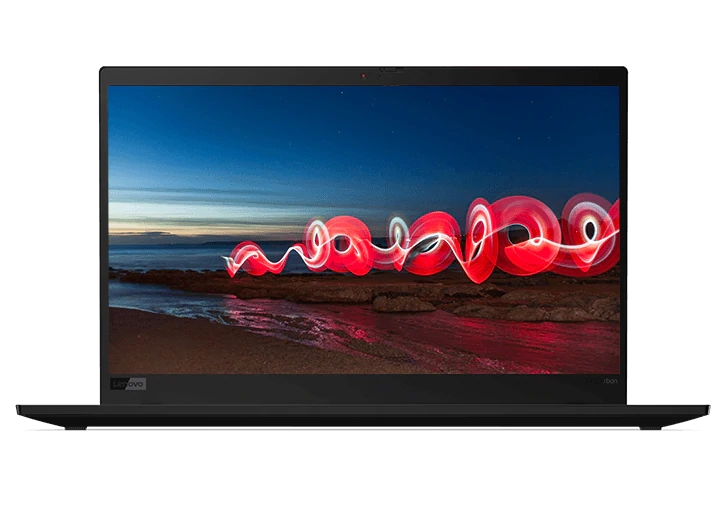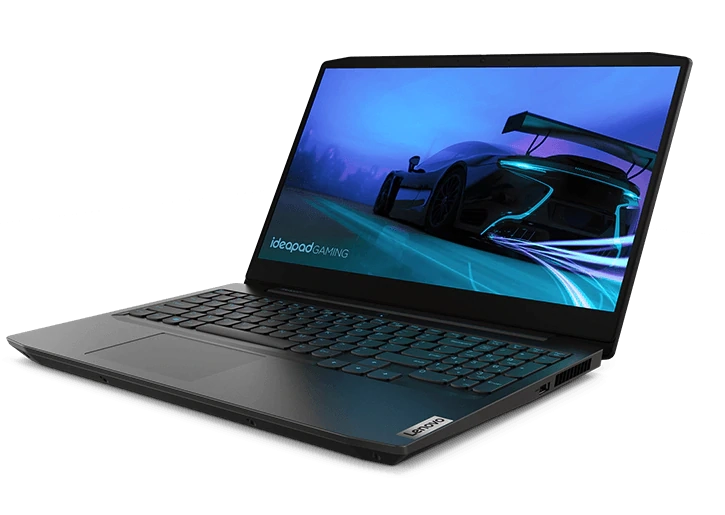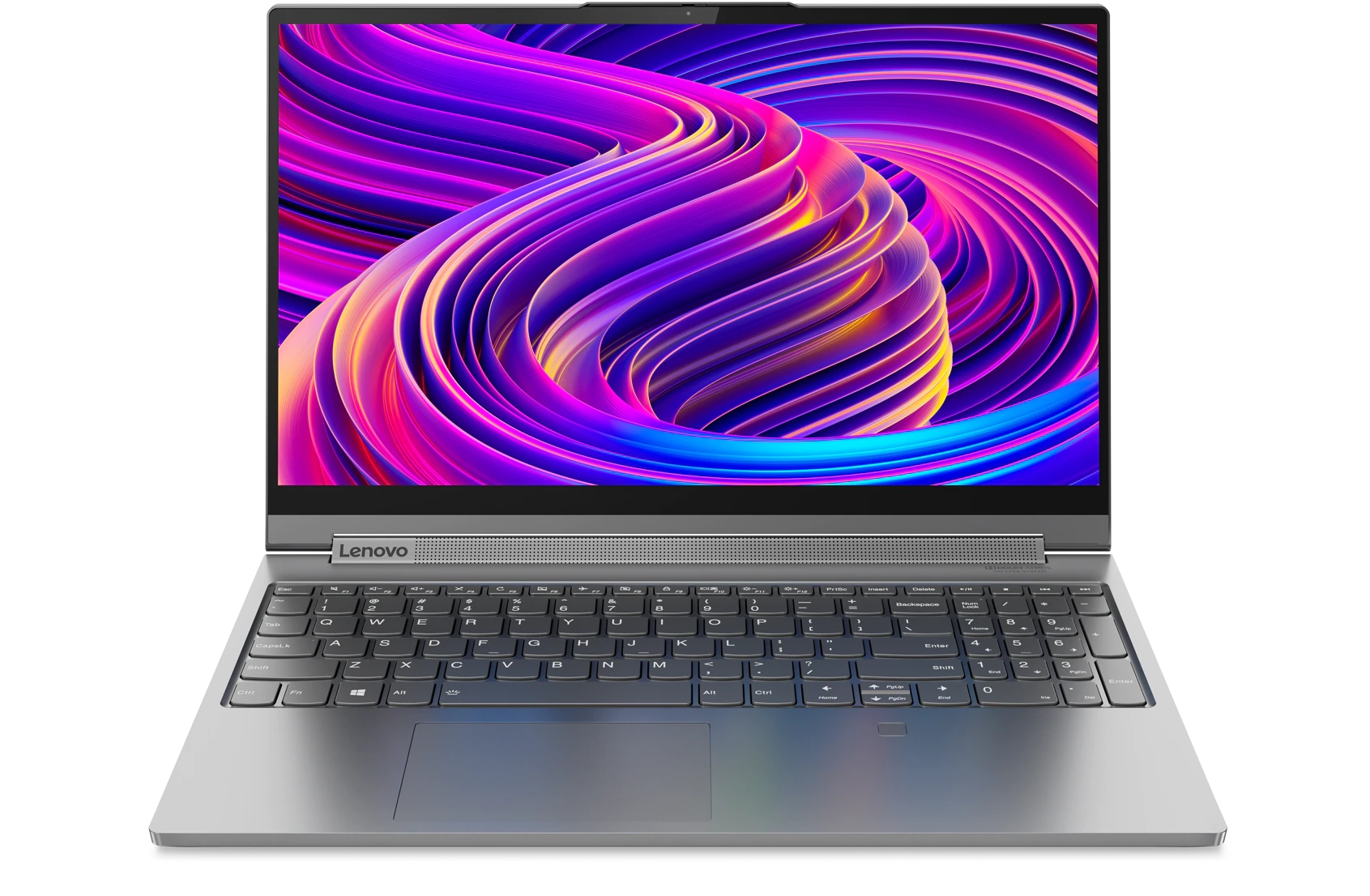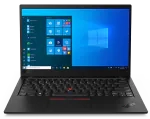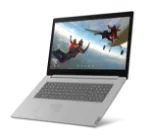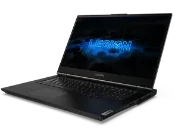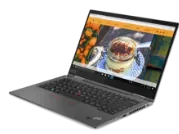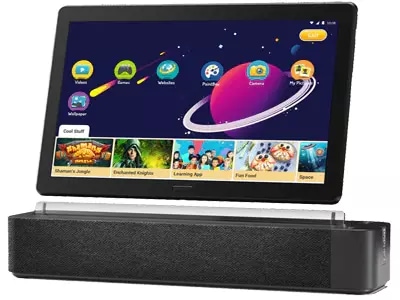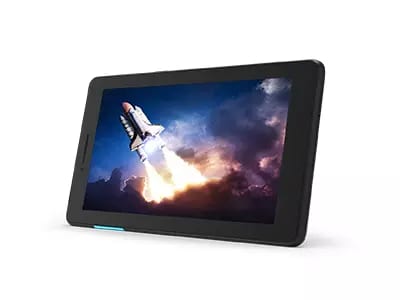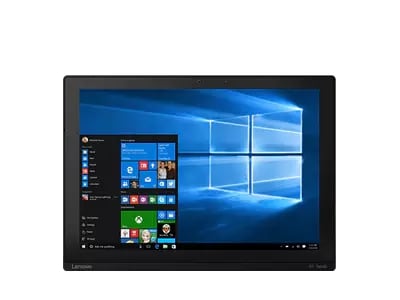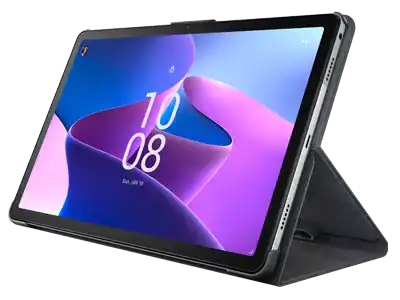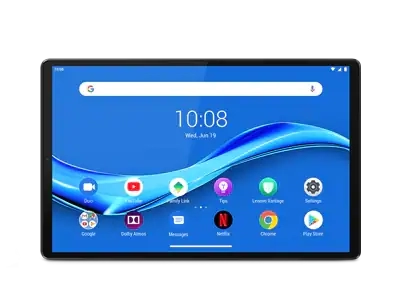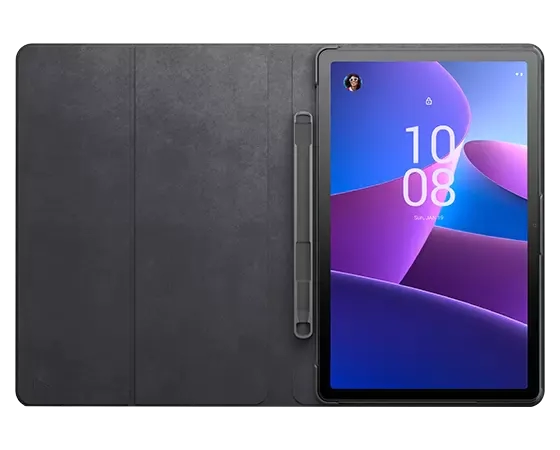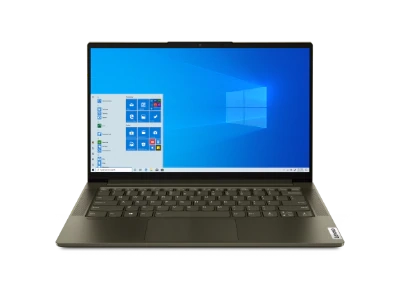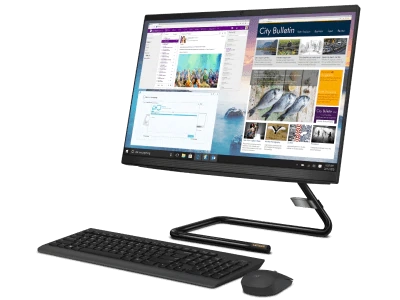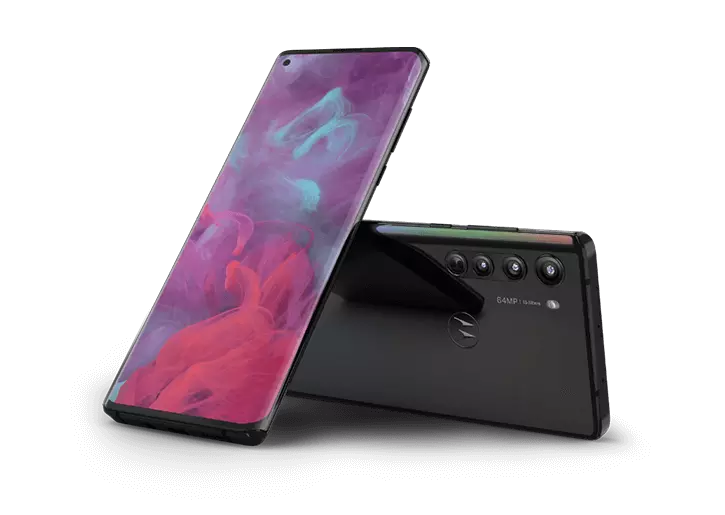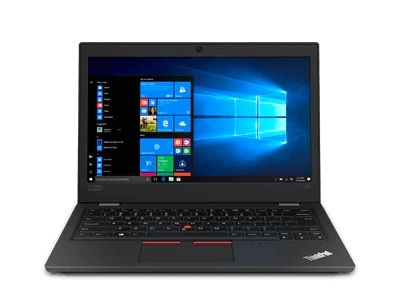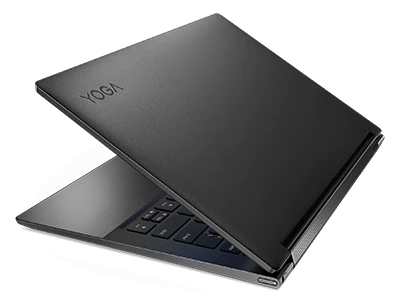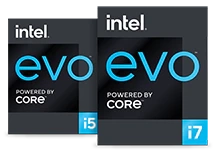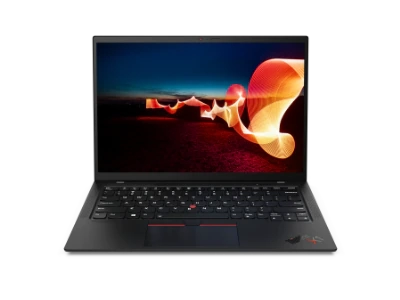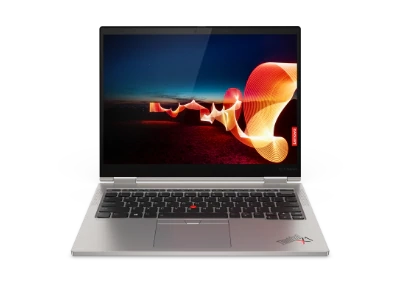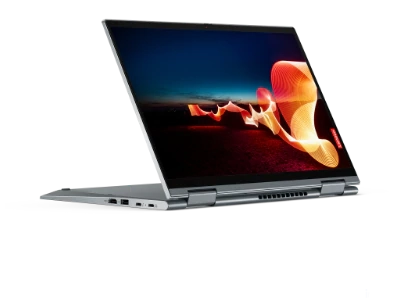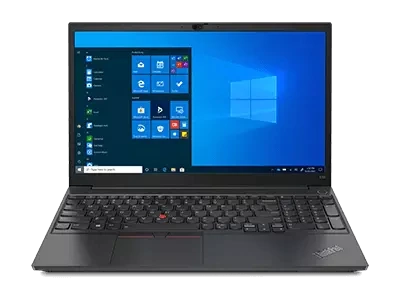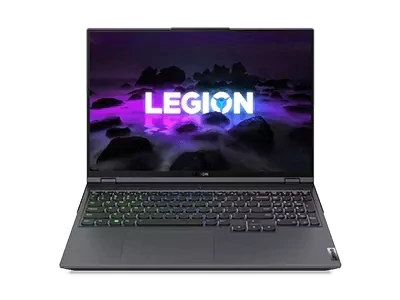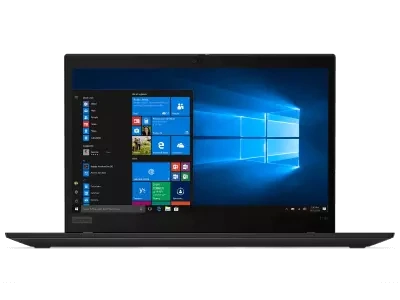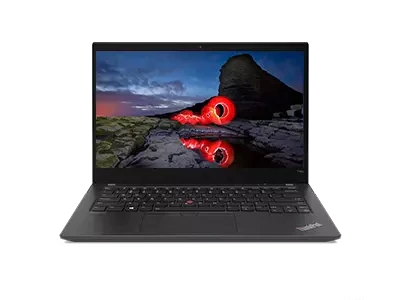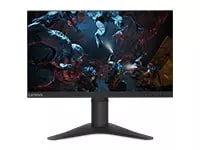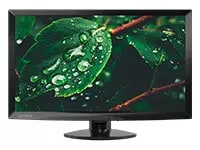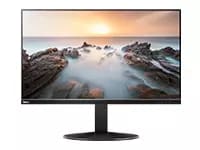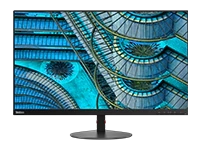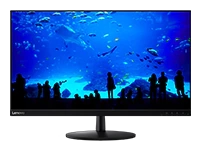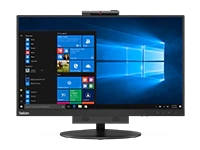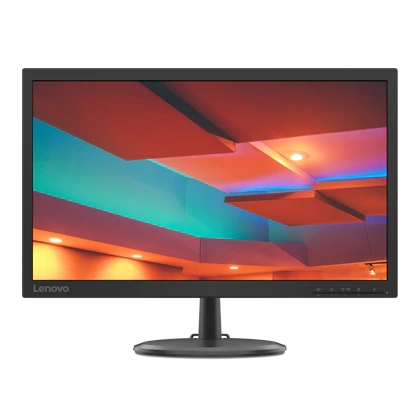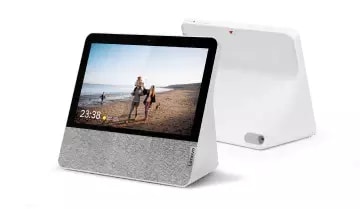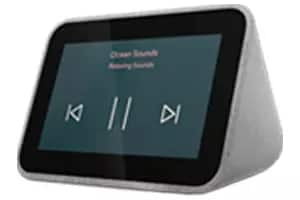Best Laptop for Engineering Students
Engineering students have one true best friend they will never forget from college: their computer (mine was called Sampson).
Sure, a simple laptop with word-processing would get you by until graduation. Most colleges have labs with engineering computers you can use for 3D modeling and other applications. But you’re going to use this laptop after school, and you need it to last.
This device will be by your side, holding your most important projects and documents for years to come. You will spend thousands of hours gazing into its warm, glowing screen. Shouldn’t it have every feature you need for the years ahead? Of course, it should.
That’s why we compiled a list of what you should look for when searching for the best engineering laptops, what factors to consider, and what engineering students need in a laptop.
Now, let’s get to the best.
The Best Laptop for Processing Powerful Programs
As an engineer, you need a laptop with the power to run even the most intense programs. While most casual users can get away with browsing the web on a netbook, you need a laptop with enough processing power to handle the demands of heavy engineering applications.
Engineering students use a great deal of processor and graphics-intensive software, such as CAM and CAD. Therefore, the best engineering laptops also have the best processors and graphics cards, and handle multiple, arduous tasks with ease.
The ThinkPad P Series uses the latest Intel® Core™ and Intel® Xeon® workstation processors, which handle compute-intensive applications effortlessly.
The Best Laptop for All-day Classes
As an engineering student, you need your hardware to keep up with your ideas. You need the same power and performance you would get from a desktop workstation, but you need it on-the-go.
Daily classes mean traveling with plenty of books, so you want to keep your laptop as light and thin as possible. Engineering students usually benefit from heavy-duty laptops built to withstand accidents, as they often travel to meetings, worksites, and other locations with their supplies.
Unless you want to be stuck next to an outlet all day, battery life is an important feature to consider at this point, too. The average battery life is anywhere from 2-5 hours but goes much higher. The best laptops for engineers have at least 7 hours of battery life. After all, what’s the point in having a mobile workstation if you can’t use it to work all day?
The Best Laptop for Your Ingenuity
You need a laptop that can keep up with your ideas, one with the power to create with you. As an engineer, you can’t be limited by small disk space and subpar processing power. You’ll use tons of different programs (some you’ll love, some you’ll hate), and most of them will require a lot from your laptop.
With online "cloud" storage, RAM isn't as important as before, but robust programs still need RAM storage. It’s best to choose a laptop with enough RAM to support your hard-hitting programs and data-intensive documents. The best laptop for engineering students has at least 16 GB of RAM and the option to add on.
The best laptop for engineering students isn’t just any screen size, either. You need your laptop to be lightweight and portable, but you also need a screen large enough to see the details of your projects just right.
When it comes to the ideal monitor size, it typically depends on your project. For professionals working in the field of design, a large screen with high resolution is best. You need room to see your work, so don’t waste your time on a workstation with poor resolution that can’t handle the strains of multi-tasking.
Consider a 15-17” ThinkPad P Series mobile workstation with touchscreen that offers the advantages of a tablet with the capabilities of a workstation.
The Best Laptop for A+ Graphics
When it comes to graphics, engineers need the best. There are two different options: you can have a dedicated GPU (graphics processing unit), which is a graphics card that is separate from the processor and uses its own RAM, or an integrated graphics card, which the processor powers.
Although integrated GPUs typically work fine for common tasks, a dedicated GPU is best for engineering students, as they work with graphics-intensive programs frequently.
Lenovo’s ThinkPad P Series incorporates the mighty NVIDIA® Quadro® graphics for rich color, immaculate detail, and a crisp picture that you just can't beat.
All Work and No Play? Not Today!
The perfect engineering laptop can readily double as a gaming laptop. This means, when you close out of your work programs for the day, your workstation should be ready and able to quickly load up your favorite game.
All the specs discussed above – the powerful processor, dedicated graphics card, and large, high-resolution screen, are all at the top of the list of a gamer’s best laptop, too.
Factors to Consider
If you’re an engineer, there are some crucial factors you need to consider before committing to a new workstation (things we’ve thought about, too).
Processor – The processor is the computer's brain, and the best laptop for engineering students has a processor with multiple cores that provides 2.0 GHz or more of computing power. Make sure to look for cooling options and be aware of overheating.
Ample Accessory Ports – The best engineering laptops have plenty of ports for their users. Engineering students need a good amount of ports for wireless mice, headsets, mics, USB drives, and all the other fun toys engineers use daily.
Webcam – Engineering students, and students in general, are constantly in and out of meetings, lectures, classes, Zoom calls, and online appointments. A good webcam is vital, and so is fast wireless and proficient processing power to handle web conferencing and forums.
RAM – With the online storage options, or the “cloud,” it's not as essential to have storage space, but keep in mind that demanding programs also require more storage space. The available RAM storage options are 4 GB, which is the minimum, 8 GB, standard, and the option to add on. The minimum RAM engineers should consider is 16 GB, as more RAM will make your programs run more smoothly.
Graphics – Engineering students should choose a workstation with a dedicated GPU (graphics processing unit). A dedicated GPU is a separate graphics card with its own RAM, whereas an integrated GPU is powered by the processor and isn’t as formidable.
Screen Size – An excellent engineering laptop has ample screen space, or “screen real estate,” to manage multiple tasks at once. Anything less than 15" will be inconvenient, and most engineers prefer to work with a 17.3" touchscreen. The ThinkPad P Series has multiple touchscreen options that are a huge benefit for frequent stylus users.
Wireless/Wi-Fi – Access to the internet – and fast access at that – is, arguably, one of the most vital features any laptop can have in 2021. The new IEEE standard is 802.11ac, 5 GHz, up to 1300 Mbps. This is about three times the previous standard, which was only 450 Mbps (802.11n).
Thin, Lightweight, and Sturdy – The best engineering laptops demonstrate that brawn is beauty. Engineers have rough and tumble jobs; they need a heavy-duty and sturdy, but still lightweight and portable, machine they can count on.
Long-Lasting Battery – Don’t settle for anything less than 7 hours of battery life. With a powerful machine running taxing programs, you’re going to use a lot of battery, but you should still expect to get a good day’s work done.
What Do Engineering Students Need in a Laptop?
Distance education, remote learning, online school – whatever you choose to call it – it’s more popular than ever, and it’s not going anywhere (instead, it’s going everywhere).
The best engineering laptops have everything you need to be successful in distance education:
- An operating system that’s compatible with your online learning platform
- CPUs with multiple cores that can run the most demanding programs (Sampson was a Quad-Core i7)
- Screaming-fast Wi-Fi – 802.11ac, 5 GHz, up to 1300 Mbps, is the new IEEE standard, compared to the previous standard (802.11n, up to 450 Mbps).
- Webcam for all the meetings, class lectures, and forums (a microphone is a plus, but most people use accessory headsets)
- 8GB+ Solid-state drive storage, which accelerates boot-up speed and is faster and lighter than traditional spinning hard drives
- Dedicated GPU (graphics processing unit), which is stronger than an integrated GPU
- High resolution, 15-17” screen (touchscreens are a great option if you can find one powerful enough)
- 7+ hours battery life
- Access to the latest programs (many schools and computer companies offer software and other programs to students at a significant discount, or even free!)
Engineers spend countless hours bent over their keyboards, typing and clicking, working their way to a degree. They use their laptops to finish homework, unwind with a video game, and binge-watch shows from the '90s, sure. But they also use their laptops to build skyscrapers, design new machines and medicines, and work inside human cells. The least we could do is make sure they have the right tools for the job.


Limits: Orders limited to 5 computers per customer. For larger quantities, go to the “Where to Buy” section of the website for details of resellers and retailers of Lenovo products
Offerings and Availability: All offers subject to availability. Offers, prices, specifications and availability may change without notice. Product offerings and specifications advertised on this website may be changed at any time and without notice. Models pictured are for illustration purposes only. Lenovo is not responsible for photographic or typographic errors..
PCs shown here are shipped with an operating system.
Prices: Web prices advertised include VAT. Prices and offers in the cart are subject to change until the order is submitted. *Pricing - savings referenced off regular Lenovo web prices. Reseller prices may differ from those advertised here.
**Battery: These systems do not support batteries that are not genuine Lenovo-made or authorised. Systems will continue to boot, but may not charge unauthorised batteries. Lenovo has no responsibility for the performance or safety of unauthorised batteries, and provides no warranties for failures or damage arising out of their use. **Battery life is based on the MobileMark® 2014 methodology and is an estimated maximum. Actual battery life may vary based on many factors, including screen brightness, active applications, features, power management settings, battery age and conditioning, and other customer preferences.
Finance is provided by Duologi. Duologi is the trading name of Specialist Lending Ltd.
General: Review key information provided by Microsoft® that may apply to your system purchase, including details on Windows 10, Windows 8, Windows 7, and potential upgrades/downgrades. Lenovo makes no representation or warranty regarding third-party products or services.
Trademarks: Lenovo, ThinkPad, IdeaPad, ThinkCentre, ThinkStation and the Lenovo logo are trademarks of Lenovo. Microsoft, Windows, Windows NT, and the Windows logo are trademarks of Microsoft Corporation. Ultrabook, Celeron, Celeron Inside, Core Inside, Intel, Intel Logo, Intel Atom, Intel Atom Inside, Intel Core, Intel Inside, Intel Inside Logo, Intel vPro, Itanium, Itanium Inside, Pentium, Pentium Inside, vPro Inside, Xeon, Xeon Phi, Xeon Inside, and Intel Optane are trademarks of Intel Corporation or its subsidiaries in the U.S. and/or other countries.© 2023 Advanced Micro Devices, Inc. All rights reserved. AMD, the AMD Arrow logo, Athlon, EPYC, FreeSync, Ryzen, Radeon, Threadripper and combinations thereof are trademarks of Advanced Micro Devices, Inc. Other company, product or service names may be trademarks or service marks of others.
